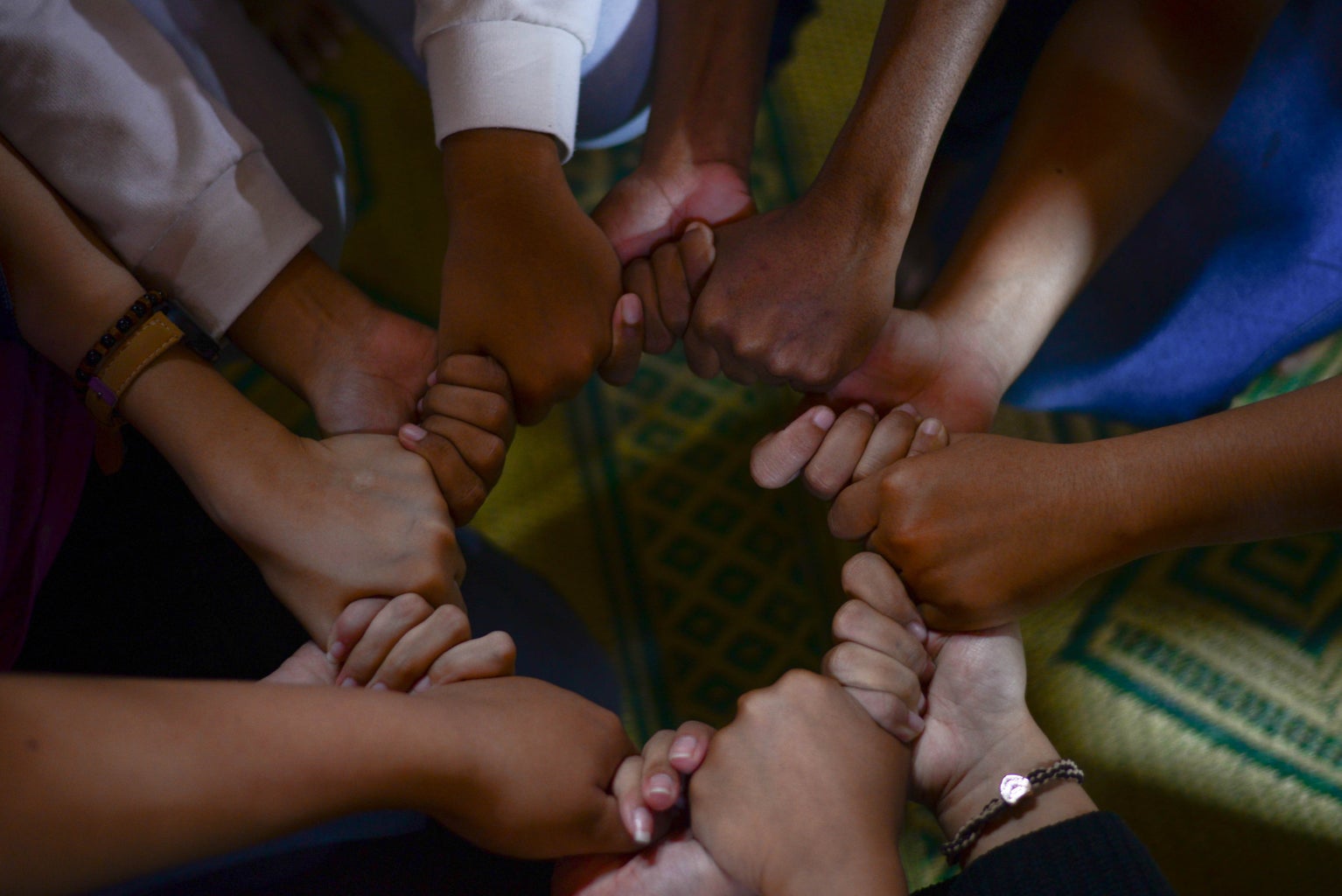Entering college is not just about academic pursuits; it’s a transformative journey of personal and professional growth. In this dynamic landscape, the relationships you build with professors and peers can be pivotal in shaping your college experience and setting the stage for future success. Let’s explore the profound impact of fostering meaningful connections within the academic realm.
The Professor-Student Dynamic – Beyond the Classroom
As students, the professor-student relationship is a cornerstone of our academic journey. It’s more than attending lectures and submitting assignments—it’s about forging connections that transcend the classroom. Actively engage in class discussions, attend office hours and seek mentorship opportunities. Professors appreciate students who show genuine interest, and the benefits extend far beyond just grades.
Leveraging Peer Networks – Your Support System
Your peers are not just faces in the crowd; they are potential collaborators, friends and future professional connections. Embrace collaborative learning environments and actively participate in group projects. Peer networks provide emotional support, diverse perspectives and a shared journey through the challenges of academia. Joining student organizations and attending campus events opens doors to meeting like-minded individuals.
Networking Beyond the Classroom – Making the Most of Campus Resources
Your college campus is a treasure trove of resources waiting to be explored. From career services to student organizations, these platforms offer unique opportunities to expand your network. Attend workshops, seminars and networking events to connect with professionals and fellow students who share your interests.
Building Lasting Connections – The Art of Relationship Building
Genuine connections go beyond casual conversations. Actively listen, show empathy and foster mutual respect. The relationships you build during college can evolve into lifelong connections. Think of it as an investment in your personal and professional growth. These relationships not only enriched your college experience but also open doors to meaningful volunteer opportunities and career paths.
Navigating Challenges – Turning Hurdles into Stepping Stones
While building connections, you might encounter challenges such as virtual learning environments or large class sizes. Don’t be discouraged—instead, view these hurdles as opportunities for creative solutions. Seek out virtual office hours, join online study groups, or initiate conversations with classmates in larger settings.
The Long-Term Impact – Beyond College Walls:
The connections you nurture during college extend far beyond graduation. Recommendation letters, referrals and ongoing mentorship are the fruits of these relationships. Cherish the connections you’ve made, as they can play a crucial role in your professional journey.
As you embark on your post-college endeavours, remember the stories of those who attribute their success to the relationships cultivated during their academic years. These bonds are not just a means to an end; they are the foundation of a network that will support and elevate you throughout your life.
In the tapestry of college life, the threads of connection with professors and peers weave a story of growth, resilience and success. By actively fostering meaningful relationships, students can enrich their academic experience, gain valuable mentorship, and build a supportive network that extends well beyond the campus walls. As you navigate your college journey, recognize the power of these connections—they are the keys to unlocking your fullest potential and shaping a future brimming with possibilities.





